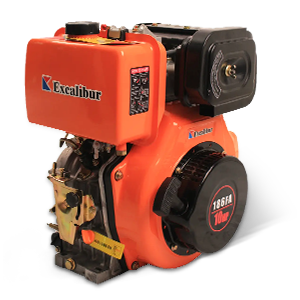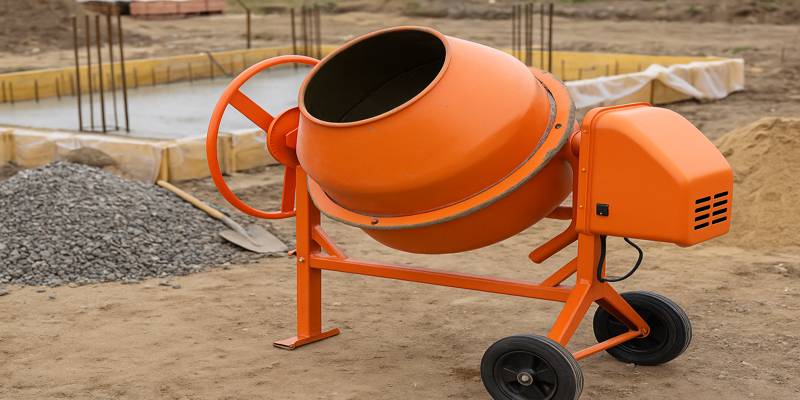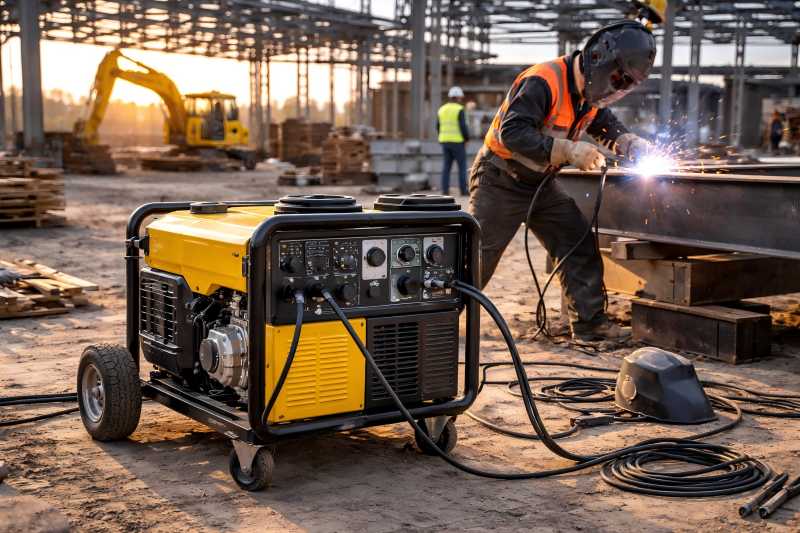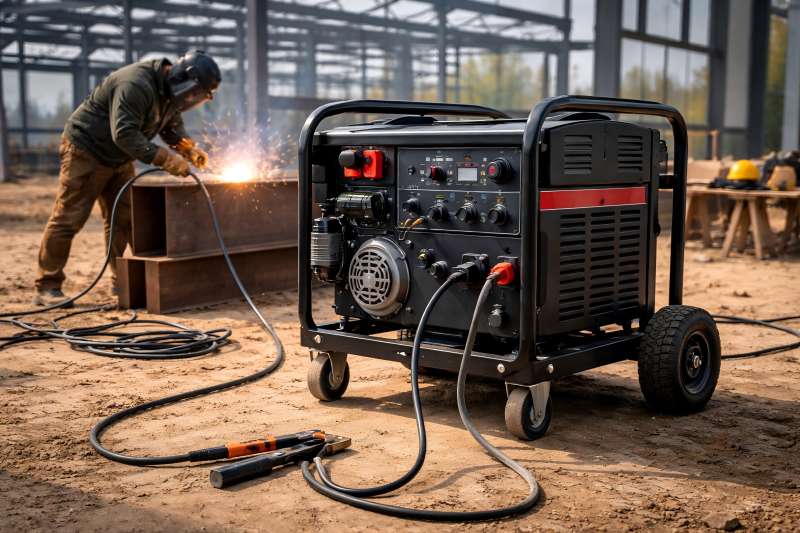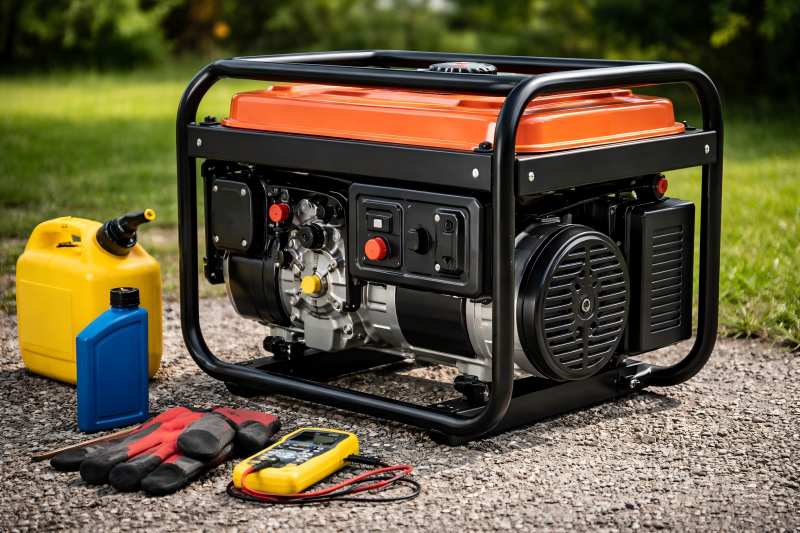Portable concrete mixers have become an indispensable tool for small construction sites, home renovation projects, and remote building locations. Unlike large stationary mixers, portable units offer mobility, flexibility, and cost-efficiency, making them a go-to choice for small contractors, DIY builders, and property owners managing small-scale works.
Cost Savings on Labor and Materials
One of the most significant benefits of a portable concrete mixer is its ability to reduce both labor and material costs.
How It Saves on Labor
With a portable mixer, workers spend less time manually mixing batches with shovels or wheelbarrows.
The automation of mixing means fewer laborers are needed, or the same number of workers can complete more tasks within the same time frame.
This efficiency is especially valuable for small teams, where maximizing every worker’s productivity and minimizing wasted time are crucial.
How It Saves on Materials
Portable mixers ensure consistent proportions of cement, sand, gravel, and water, preventing waste from poorly mixed batches.
Reduced wastage translates to direct savings, particularly when using higher-grade cement or specialized aggregates.
Example:
A small construction team building a private garage can mix all their concrete on-site, avoiding transportation fees and minimizing unused leftovers that typically occur when ordering ready-mix concrete in bulk.
Fresh Concrete Anytime You Need It
For small construction projects, timing is critical. Portable concrete mixers allow you to prepare fresh batches on demand, ensuring that the concrete’s strength and workability are optimal.
Advantages of Fresh Mix
Freshly mixed concrete has better bonding properties, which is essential for structural integrity.
Reduces the risk of setting before use, especially important in hot weather.
Supports staged construction where concrete is poured in intervals, such as for small slabs, posts, or steps.
Example:
In rural building projects where ready-mix deliveries aren’t feasible, a portable mixer allows the team to produce fresh concrete for each construction stage without depending on external suppliers.
Improved Quality and Consistency
Consistent mixing plays a key role in ensuring concrete’s strength, durability, and overall structural performance across various applications. Portable mixers offer uniform mixing that’s difficult to achieve manually.
Why Consistency Matters
- Properly mixed concrete ensures even distribution of cement paste, aggregate, and water.
- Reduces the likelihood of weak spots, segregation, or honeycombing in the finished product.
- Meets design specifications for compressive strength.
Technical Note:
Concrete’s compressive strength is heavily influenced by the water-cement ratio. Portable mixers ensure even water distribution, a consistency that is hard to achieve with manual mixing.

Enhanced Productivity and Time Efficiency
Time efficiency is a major advantage, especially when operating on tight schedules.
Time-Saving Features
A single operator can mix multiple batches per hour, depending on the drum size.
Portable mixers can be positioned close to the pour site, reducing wheelbarrow transport time.
Continuous mixing capability allows for overlapping preparation and pouring activities.
Example:
A team laying a 50-square-meter patio can complete the job in a single day with a portable mixer, compared to multiple days with manual mixing.
Mobility and Easy Transport
Unlike stationary units, portable concrete mixers are designed for movement.
Key Mobility Advantages
Lightweight designs (often with wheels) make them easy to push or tow.
Suitable for tight spaces, urban areas, and sites without vehicle access.
It can be moved easily to various site locations, minimizing the effort needed to transport mixed concrete.
Scenario:
A contractor working on a multi-level landscaping project can move the mixer from one terrace level to another without hiring lifting equipment, saving both cost and time.
Flexibility for Multiple Applications
A portable concrete mixer is not just for structural concrete—it’s also ideal for other construction materials.
Versatile Uses
- Mixing mortar for bricklaying or blockwork.
- Preparing plaster or stucco mixes.
- Blending soil and compost for landscaping or urban gardening.
- Creating colored or decorative concrete batches for driveways and patios.
Tip:
Investing in a model with adjustable mixing speed can improve performance for different materials, from fine mortar to coarse aggregate mixes.
Lower Operational Costs and Maintenance
Portable concrete mixers are relatively inexpensive to operate and maintain, especially compared to large commercial mixing trucks.
Cost-Effective Operation
Most portable mixers are powered by small gasoline engines, diesel engines, or electric motors, which consume minimal fuel or electricity.
Maintenance typically involves cleaning after each use, lubricating moving parts, and occasional belt or bearing replacement.
Pro Tip:
Regular cleaning after every batch prevents hardened concrete from damaging the drum and ensures the mixer remains efficient for years.
Additional Considerations When Choosing a Portable Concrete Mixer
Although the benefits are evident, choosing the right portable mixer for your small construction site demands thoughtful consideration.
Drum Capacity
- Small jobs: 60–120 liters.
- Medium-sized projects: 120–200 liters.
- Continuous use: 200 liters or more.
Power Source
- Electric mixers: Quiet, low maintenance, ideal for sites with power access.
- Gasoline/diesel mixers: Suitable for remote sites without electricity.
Portability
- Wheel-mounted units are best for frequent repositioning.
- Towable units are better for moving between distant locations.
Build Quality
- Look for durable steel drums with rust-resistant coatings.
- Choose mixers with sturdy frames and high-quality bearings for longevity.
Real-World Example: Small Housing Project
A local builder working on a 2-house development in a suburban area invested in a 160-liter portable mixer. The team reported:
- 30% faster completion time for concrete works.
- 15% material savings due to precise batching.
Reduced downtime during bad weather, as the mixer could be moved under shelter to continue operations.
Environmental and Sustainability Advantages
Portable mixers can also help promote more environmentally friendly construction practices.
On-demand mixing reduces waste compared to bulk ready-mix orders.
Smaller batch sizes mean less risk of unused concrete hardening.
Lower fuel consumption compared to transporting heavy ready-mix trucks over long distances.
For small construction sites, portable concrete mixers are a game-changing investment. They offer tangible benefits in cost, efficiency, quality, and flexibility, making them a must-have for contractors, builders, and even DIY enthusiasts.
Whether you’re building a garden wall, laying a driveway, or constructing a small commercial unit, the portability, reliability, and efficiency of these mixers can dramatically improve project outcomes while keeping expenses under control.
Summary of Benefits:
- Cost savings on labor and materials
- Fresh concrete anytime you need it
- Improved quality and consistency
- Enhanced productivity and time efficiency
- Mobility and easy transport
- Flexibility for multiple applications
- Lower operational costs and maintenance
When chosen and used correctly, a portable concrete mixer can become one of the most valuable tools on a small construction site—helping you deliver quality results faster and more affordably.

